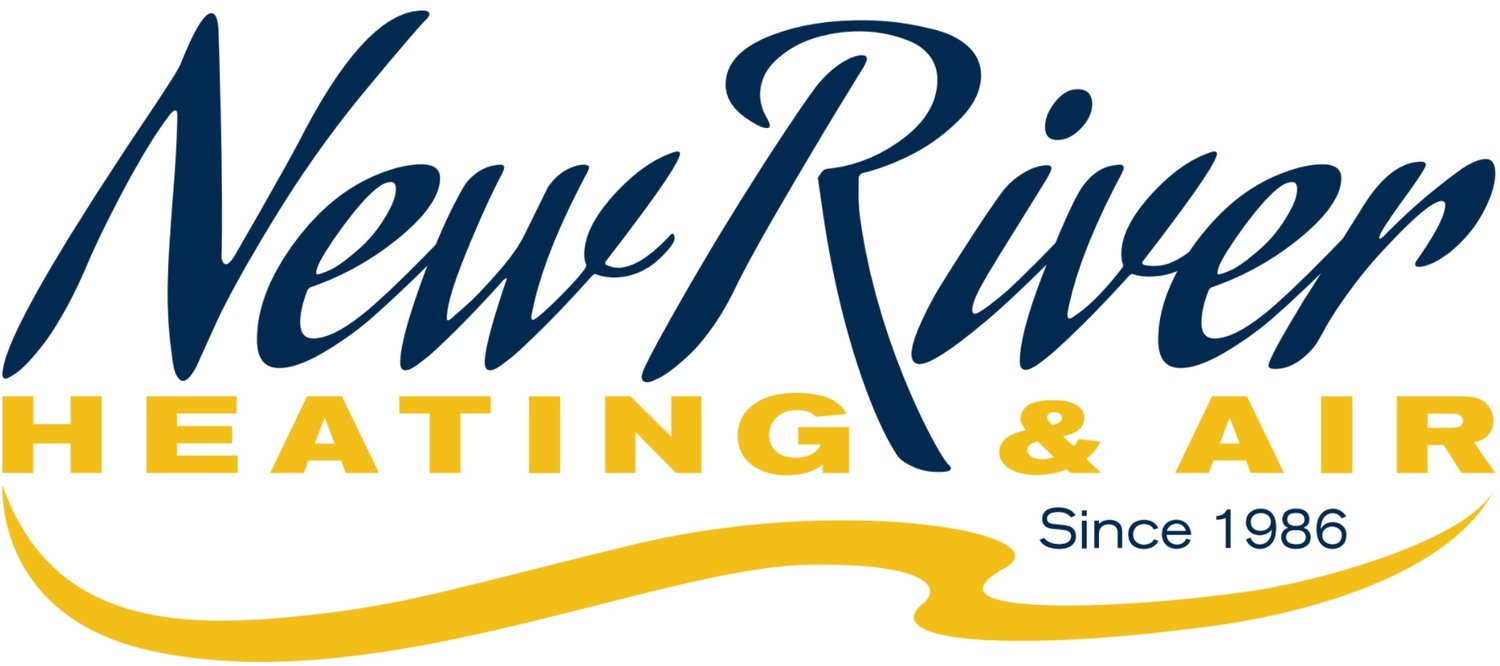Heat Pumps
Electric heat pumps use the difference between outside air and inside air temperatures to heat and cool your home. The standard SEER rating is a 14 and they go up to 25 SEER. The higher the seasonal efficiency rating (SEER) and heating seasonal performance factor (HSPF) is, the more efficient the system will be. Though the price of these energy efficient options can be expensive, the money will be paid back over time through your energy bills. This will also help against global warming and help keep the air clean while making the home feel more comfortable in both heating and cooling seasons. Contact us today to learn more about how to make you home more comfortable & efficient.
Furnaces
Furnaces come in a couple different options, gas or oil. The annual fuel utilization efficiency (AFUE) is the measurement of the furnace’s heating efficiency. It actually measures the amount of heat running into the home to the amount of fuel that is needed to run the furnace. The Department of energy requires that a furnace must have a 78% AFUE, but more efficient furnaces may have 85% to 95%, or greater to make them up to 20% more efficient. This again, will help lower the costs of your energy bills over a length of time. Feel free to contact us to learn more about how to lower your energy costs.
Boilers
Boilers are closed vessels in which fluid is heated, then the fuel is vaporized into heat, better know as combustion. Boilers like furnaces have several options to choose from, the two main energy efficient boilers are gas and oil. They use the same AFUE measurement as furnaces. They must reach 85% or greater AFUE to be qualified for energy savings.
They achieve greater efficiency through new improved options such as:
New combustion that uses more heat from the same amount of fuelElectric ignition, which allows for the pilot light not to burn all the timeSealed combustion that uses the outside air to fuel the burner, which is safer and reduces drafts
Air Handlers
An air handler is a device used to circulate conditioned air throughout your home. The air handler usually connects to the supply and return ductwork. The air handler also is connected to outdoor unit via refrigerant tubing.
Radiant Heat
Radiant heat systems involve supplying heat directly to the floor or to the panels in the wall or ceiling. This depends greatly on the transfer of radiant heat in the home or space. This is best described when you feel the heat off the stove from across the room, radiant heat gives the same effect, which is also called infrared radiation. There are several advantages to radiant heating in the home: it is more efficient than baseboard heating, because it uses less electricity, keeps the home warmer than forced air because you are not losing air through the ducts, and cuts down on severe allergies with the absence of moving air.
There are several options when choosing radiant heating in your home:
Air-Heated Radiant Floors | Electric Radiant Floors | Hydronic Radiant Floors
We suggest the hydronic radiant floor heating because this is the most cost effective. They pump heated water from a boiler or water heater through tubing laid in a pattern in the floor.
Geothermal
Heat Pumps
Geothermal heat pumps are similar to regular heat pumps but they use the ground instead of the outside air to provide cooling, heating, and sometimes hot water. Geothermal actually uses the earth’s natural heat. They insert something called an opened or closed loop in the ground to transfer heat fluid. They use about 30% less energy and are quieter than most heat pumps on the market. Let us help you lower your costs and save the environment at the same time.
